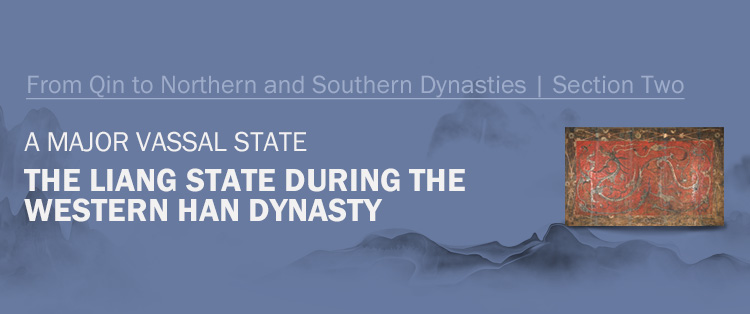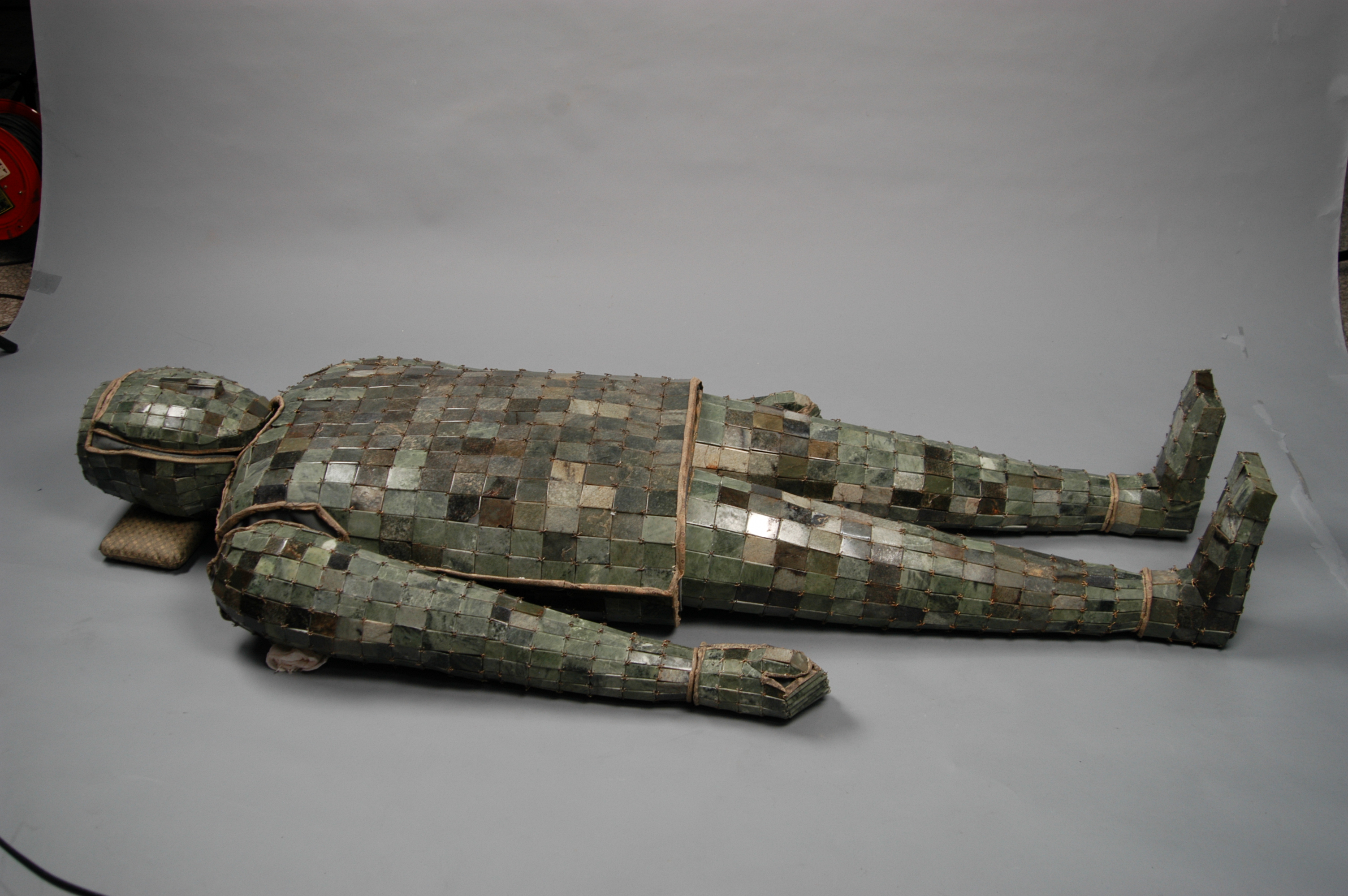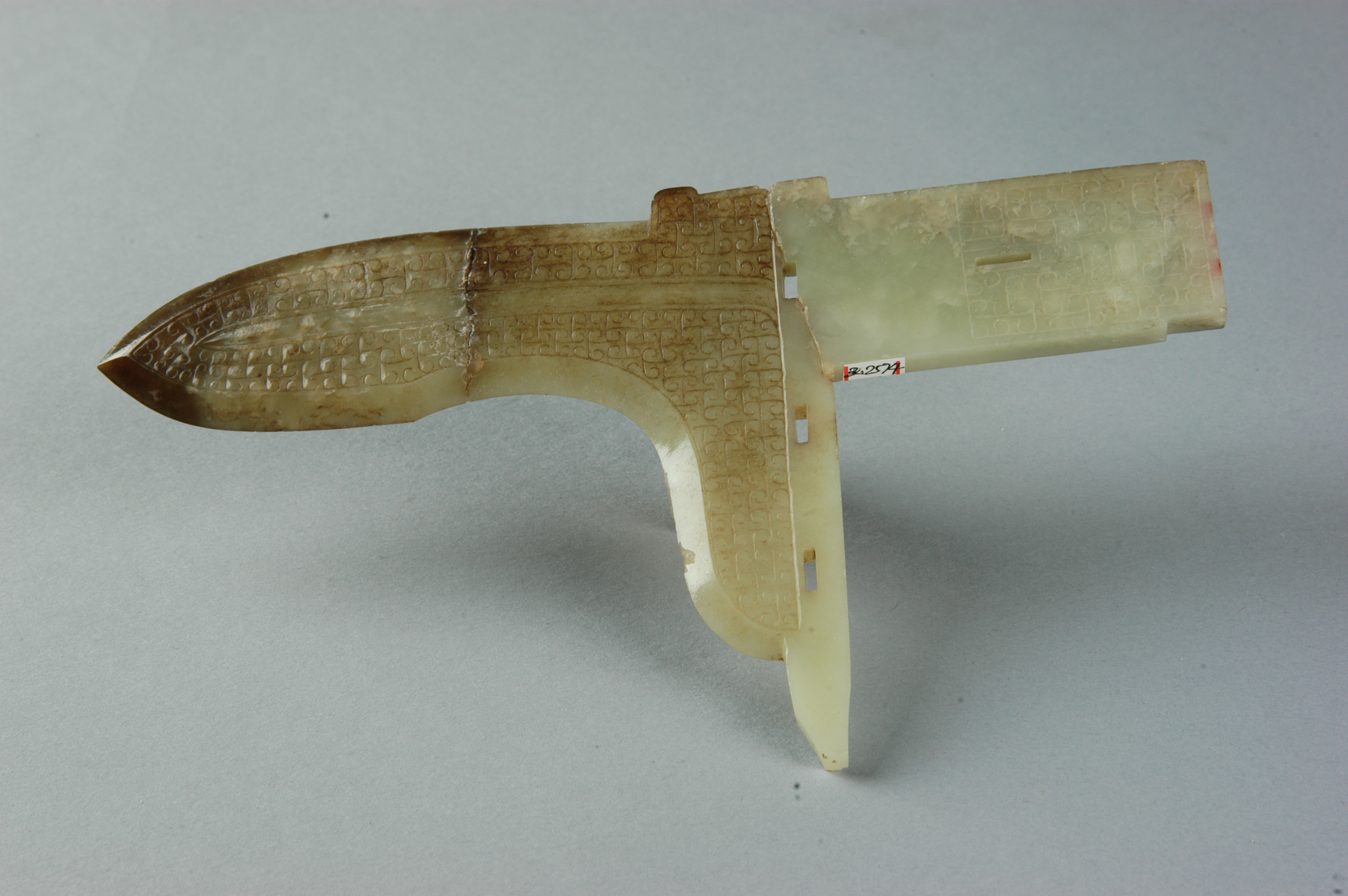In the early Han Dynasty (206 BC- AD 220), the founding emperor Liu Bang drew lessons from the Qin dynasty's downfall and partially restored the feudal system. This period witnessed the coexistence of prefectures directly governed by the imperial court and states controlled by vassals. Liang was a major vassal state at that time, located to the east of Chang'an, the capital of the Western Han dynasty (206 BC-AD 25). Liu Wu, the king of Liang and brother of Emperor Jingdi, was treated as the emperor due to his contribution in the fight against the Rebelion of the Seven States. He constructed palaces and gardens and attracted talents from across the country, becoming the most powerful vassal at that time. After Liu Wu died, his territory was enfeoffed to his five sons and the state of Liang gradually declined.




